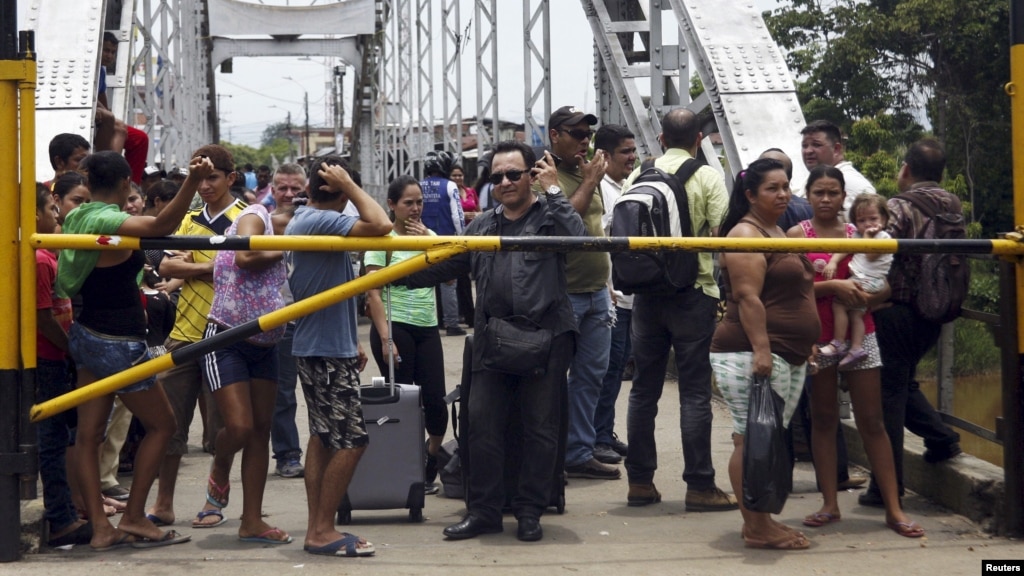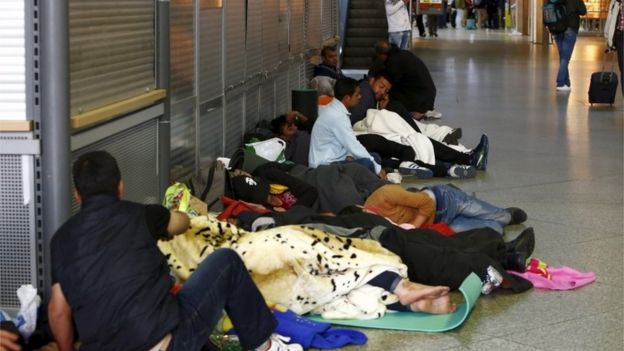SANTIAGO, Chile — A massive 8.3 magnitude earthquake hit Chile on Wednesday. The powerful quake in Chile’s central region forced over a million people out of their homes. At least ten people died when the quake hit and one person is still missing.

Horror struck as residents of Illapel’s homes began to sway and they ran into the streets. Illapel is an area near the quake’s epicentre. Coastal towns like Coquimbo recorded waves as high as 4.7m (15ft) hitting the shore after the quake, resulting in a Tsunami alert for the entire Chilean coast. The alert has since been lifted.
The earthquake hit at 6:45 pm and lasted for more than three minutes. There have been more than a dozen aftershocks. According to the U.S. Geological survey the earthquake was the largest to hit that location in over 100 years. Gloria Navarro, a dweller in the coastal town of La Serena, said people were “running in all directions”.
Officials said that 1,800 people in Illapel were without drinking water. Electricity providers said hundreds of thousands of their clients in the worst-affected Coquimbo region had no power.
This Chilean earthquake was five times more energetic that the quake that devastated Nepal in April. However, early inclinations show that the death toll will be a fraction of what it was in Nepal. Why? This is the third massive quake in five years, Chile often experiences quakes this massive. To protect and prepare the country, the building codes are very strict and well enforced and the citizens are knowledgeable about how to react during an earthquake.
After the massive 8.8 quake in 2010, the Chilean government put millions into upgrading the country’s seismic network of sensors, and made improvements to telecommunications systems that share critical information and warnings.
President Bachelet said that “once again we must confront a powerful blow from nature”. She will travel to the affected areas later on Thursday.
For more information, please see:
BBC – Chile quake triggers mass evacuation and tsunami alert – 17 Sept. 2015
The Telegraph – Chile earthquake in pictures: 8.3 magnitude quake triggers tsunami warning – 17 Sept. 2015
theguardian – Chile earthquake: one million people evacuated after 8.3 magnitude quake – live updates – 17 Sept. 2015
NBC News – One Million Evacuated As Huge Quake Strikes Off Chile Coast – 17 Sept. 2015



